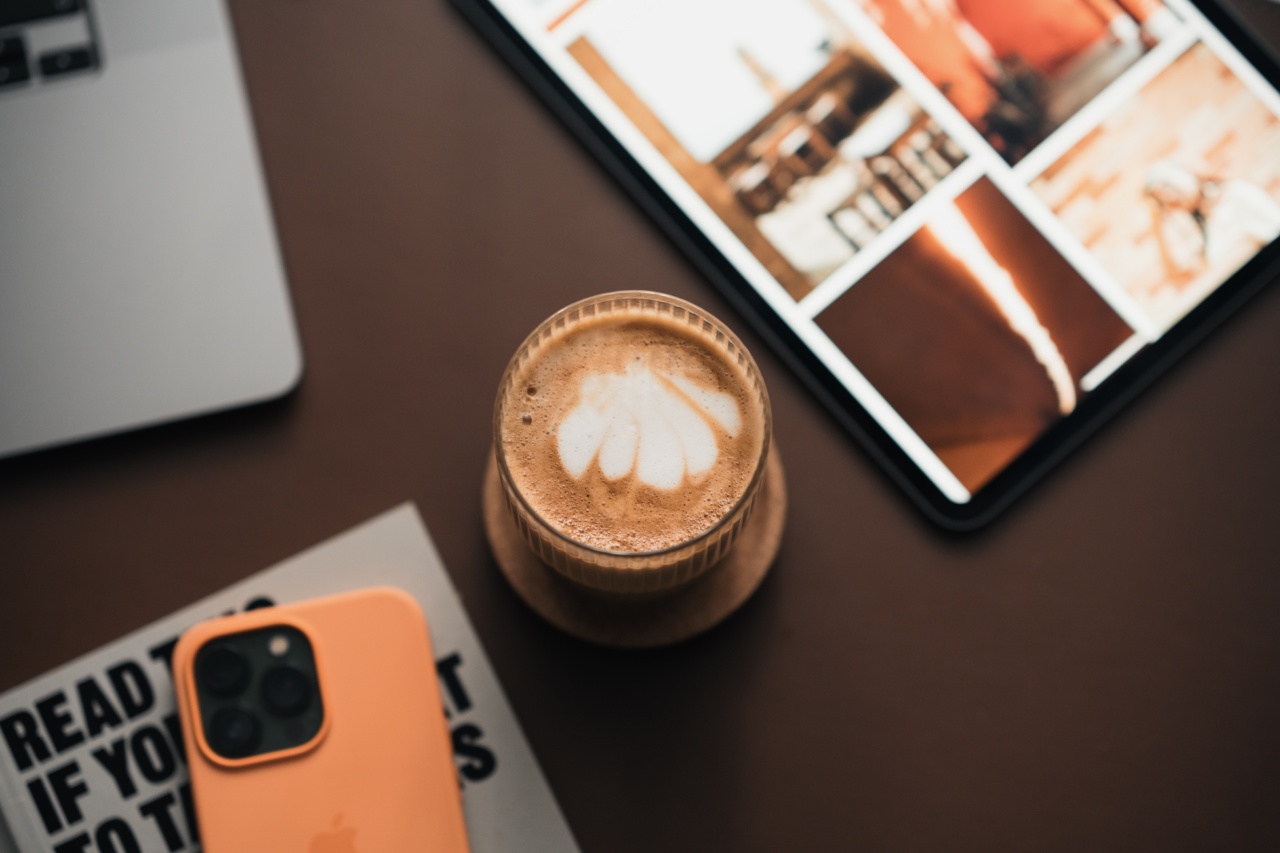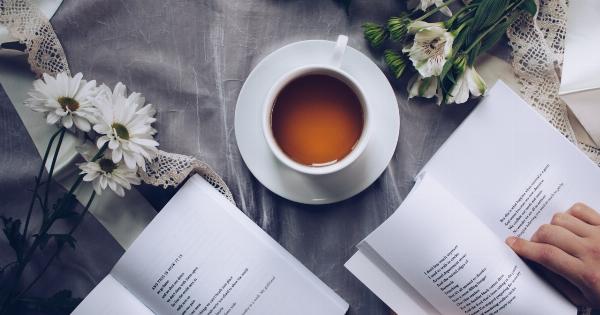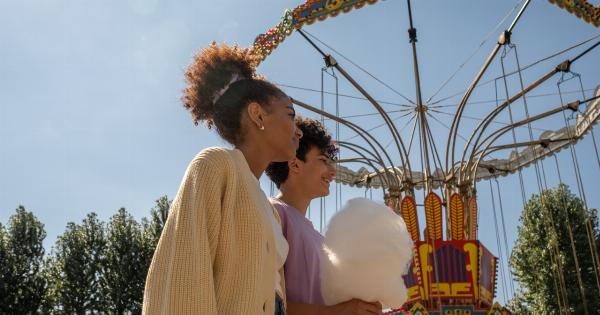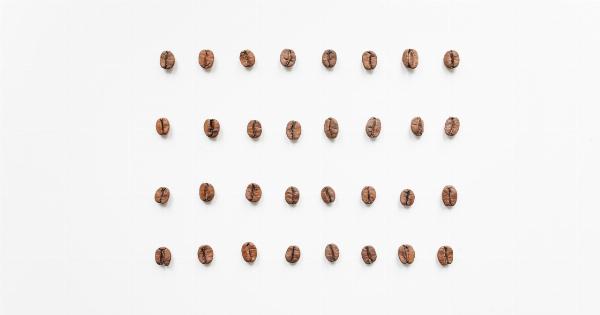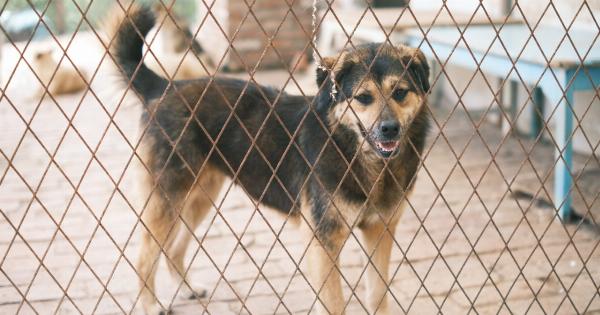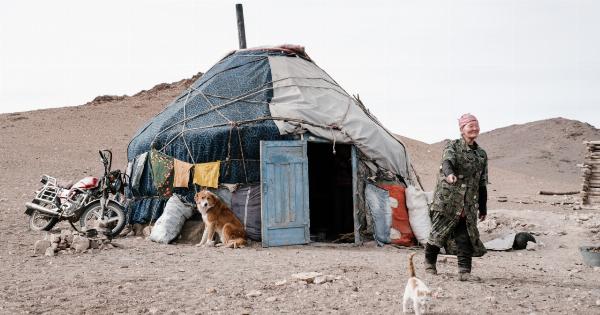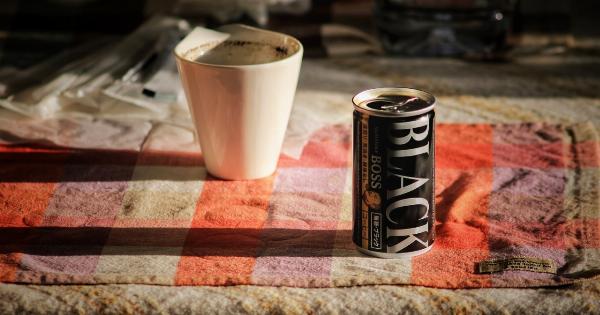Many coffee lovers enjoy the rich, bold flavor of coffee, but not everyone wants the jolt of caffeine that comes with it. For those who want to enjoy the taste of coffee without the stimulating effects of caffeine, decaf coffee is a popular option.
Decaf coffee is made by removing most of the caffeine from regular coffee, but does that mean there is absolutely no caffeine in decaf coffee?.
Decaf Coffee: How It’s Made
Decaf coffee is made by removing caffeine from regular coffee beans. There are two primary methods used to decaffeinate coffee: the Swiss Water Process and the Direct Method.
The Swiss Water Process uses only water to remove caffeine from coffee beans. First, the green coffee beans are soaked in hot water to dissolve the caffeine.
The resulting coffee-flavored water is then passed through activated charcoal filters, which trap the caffeine. This leaves behind coffee-flavored water that is free of caffeine. The coffee beans are then soaked in the caffeine-free water to reabsorb the flavor, and the process is repeated until the beans are 99.9% caffeine-free.
The Direct Method involves using a chemical solvent to remove caffeine from coffee beans. The beans are soaked in a solution of water, caffeine, and the solvent, which binds to the caffeine molecules.
Then, the beans are steamed to remove the solvent and caffeine, leaving behind the flavor of the coffee. This process can remove up to 97% of the caffeine from the beans.
Does Decaf Coffee Really Have No Caffeine?
Although decaf coffee is designed to have minimal amounts of caffeine, there is still some caffeine left in the decaffeinated beans.
The amount of caffeine left in decaf coffee depends on various factors, such as the method used to decaffeinate the coffee beans and the brewing method used to prepare the coffee. On average, an 8 oz cup of decaf coffee contains about 2-5 mg of caffeine, while a regular cup of coffee contains 70-140 mg of caffeine. Therefore, decaf coffee still contains caffeine, but significantly less than regular coffee.
Benefits of Decaf Coffee
In addition to providing a way to enjoy the flavor of coffee without the jolt of caffeine, decaf coffee has other benefits:.
- Less caffeine intake: For those who are sensitive to caffeine, decaf coffee can provide a way to enjoy coffee without the negative effects of caffeine such as anxiety, jitters, and disrupted sleep.
- Reduced risk of health issues: High caffeine intake has been linked to various health issues such as high blood pressure, heart palpitations, and anxiety. By reducing caffeine intake, decaf coffee can help lower these risks.
- Contains antioxidants: Coffee beans are rich in antioxidants, which can help reduce the risk of various diseases. Decaf coffee still contains antioxidants, even though there’s less caffeine in it.
Conclusion
Decaf coffee is a popular choice for those who want to enjoy the flavor of coffee, without the jolt of caffeine. Although decaf coffee is designed to have minimal amounts of caffeine, it still contains some caffeine.
The method used to decaffeinate the coffee beans and the brewing method used to prepare the coffee can affect the amount of caffeine left in the coffee. Despite that, decaf coffee can still provide various benefits such as reduced caffeine intake and antioxidants.
